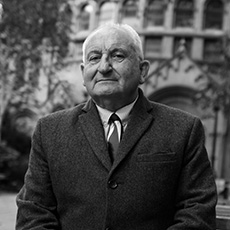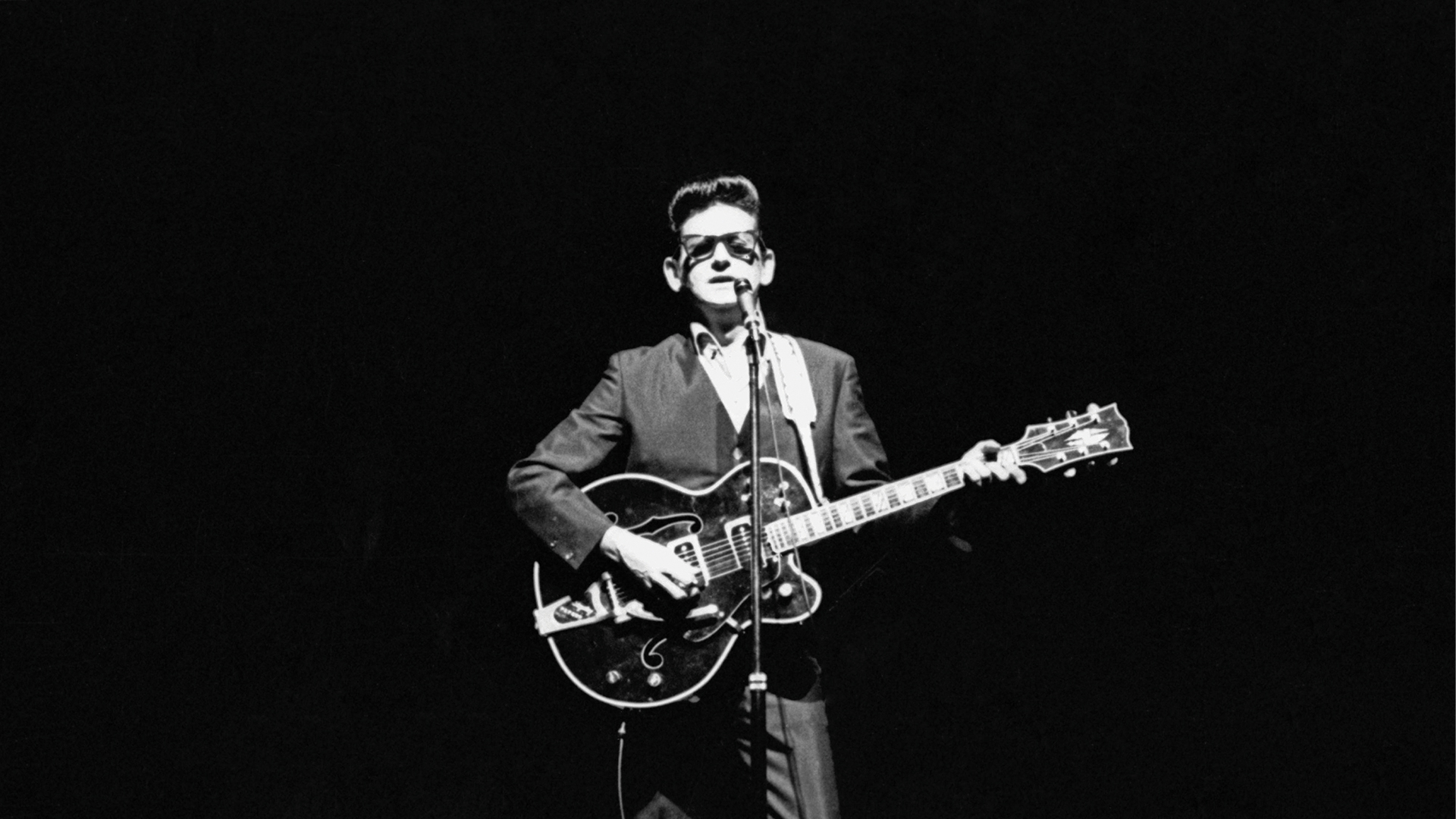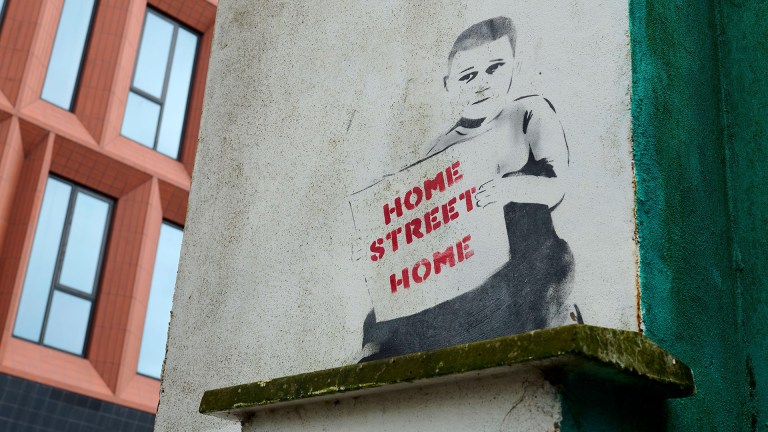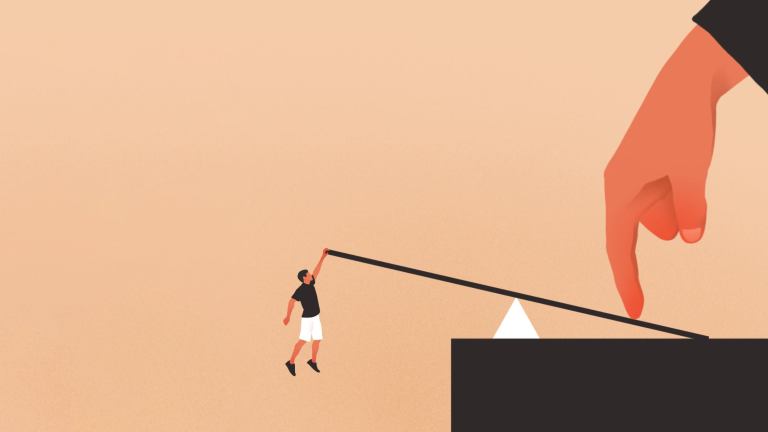But added to this I had joined a revolutionary group to develop my thinking and prepare for the world revolution. Yet they were largely the rejected or troubled children, unloved by their middle-class families. They did not see where I fitted in – and I didn’t. I was loud and opinionated, a major trait since childhood, and was not educated; and they had been soaked in history and politics.
They had passed their 11-pluses and gone on to some decent schools, yet I had no more than a modicum of education. I stuck out like a sore thumb. Now I was divorced from my roots and cold-shouldered by those that I joined for the cause of humanity.
But humanity wasn’t recognising my existence. I got a job in a factory building buses and trucks, did my revolutionary work in the evenings, and then went off to my dreary room to sleep and wonder about my isolation.
An all-night launderette replaced my visits to The Scarsdale, unable as I was now to take the vile racist filth that came from the mouths of former friends. And there among machines to wash and dry my clothes I felt that life was definitely not worth living.
But the uncomradeliness of the revolutionary group was added to by their moralising. By their constant doling out of criticism because you didn’t fit into their revolutionary profile of an educated member of the middle class who had rejected class privileges and was willing to prove their dedication by constant carping about any slight doctrinal infringement.
A horror of the damage done by excluding people – because it had been done to me – has haunted me ever since. It pushed me towards doing things like starting The Big Issue – because as well as the homelessness and the hunger there is the added suffering of social separation. Of loneliness. Of emptiness.
The increase in the devices and gadgets that set you apart from others – smartphones with accompanying white wires running into your ears – is to me a kind of nightmare that haunts all hours. The madness of turning yourself into a little cocoon of separation from all others can only damage the wellbeing of all future generations. And must turn us into ill people, whose illness is exacerbated by apartness. By alienation.
The increase in people signing off from work because of mental health problems is troubling and worrying. The lack of government control of this terrible self-isolating gadgetry must aid in undermining people’s wellbeing. Added to the effects of Covid and the increasing tendency of a large section of the population to work from home, this must undermine the foundation stones of all human society.
Not being able to meet people but having to rely on dating apps is a part of this process of the alienating technology that replaces socialisation. The buying of an increasing amount of goods from the internet guarantees the death of our high streets. And with that our pubs and other hubs of social intercourse.
My own loneliness was a strong influence on me trying to do something about social isolation. The marketplace, alas, is stronger than all of us, and it is determined to satisfy all your wants and needs without you having to socialise. There’s big money in all of this.
Let’s hope that some new government will begin to address the loneliness and alienation that dogs our streets and our minds, and the role digital business plays in all of this. Perhaps we do need a revolution after all. But this one needs to be of the mind. I dread to think of all those damaged children of the middle classes getting their hands on our future.
John Bird is the founder and editor-in-chief of The Big Issue. Read more of his words here.
Do you have a story to tell or opinions to share about this? We want to hear from you. Get in touch and tell us more
This article is taken from The Big Issue magazine, which exists to give homeless, long-term unemployed and marginalised people the opportunity to earn an income. To support our work buy a copy!
If you cannot reach your local vendor, you can still click HERE to subscribe to The Big Issue or give a gift subscription. You can also purchase one-off issues from The Big Issue Shop or The Big Issue app, available now from the App Store or Google Play










